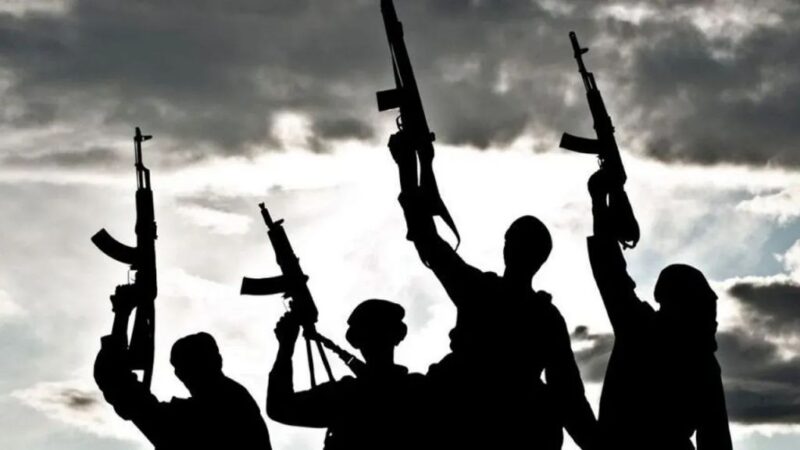No fewer than 160 lives have been lost in Benue State over the past month as armed herdsmen launched a series of brutal attacks on villages across multiple local government areas.
Among the dead are two soldiers and a well-known police officer, highlighting how security forces, too, have fallen victim in what has become one of the most violent waves of killings in recent history.
The violence has not only brought destruction but has also driven fear deep into local communities. Many homes, farms, and entire villages lie in ruins as survivors mourn their losses and call on the government for protection.
Women from affected areas, especially Apa Local Government Area, recently took to the streets in protest.
Carrying placards with messages like “Apa is our land, not for Fulani” and “Government come to our aid or we die,” the demonstrators said the ongoing violence is turning their communities into “a land of widows.”
In a protest letter titled “Notification of a Peaceful Demonstration,” the women said armed herdsmen have taken over their homes and farmlands, killing loved ones with impunity.
“They are creating a community of widows,” said one protest leader, who chose to remain anonymous. She described how herdsmen attack homes at night, slaughtering entire families in gruesome fashion. “The government must rise up to its responsibilities,” she added.
A detailed look at the attacks shows how widespread and coordinated the violence has become. On May 2, four people were killed in Akpete community. Just two days later, two passengers were murdered and four abducted in Otukpo. On May 6, seven more people, including a political figure, were killed in Gwer East and Makurdi.
By May 10, the death toll spiked again with 23 people murdered in Guma, Logo, Ukum, and Kwande. Then, on May 17, 15 traders returning from market were ambushed and killed in Agatu. These attacks have continued almost daily, with the deadliest incident occurring on May 25, when 42 people, including women and children, were massacred in Gwer West.
In another tragedy on May 24, a Catholic priest, Rev. Fr. Solomon Atongu, was shot along the Makurdi–Naka road. Though he survived, two others were kidnapped. The next day, three more people were killed in Makurdi North, sparking a protest march to the home of a local lawmaker.
Over 46 people were again reported dead in attacks on June 2, showing that the bloodshed remains ongoing. The local chairman in one area described the killings as “genocide.”
Catholic priests in Makurdi Diocese said the violence has shut down 15 parishes and left more than 50 people dead. Rev. Fr. Joseph Beba noted that military personnel reportedly did little to stop the attacks. “Among those affected in the attacks were Catholic priests,” he said.
A group of Tiv professors under the name Forum of Ayatutu Professors has now called for a return to community-based security. They said in a statement that “government has failed in its responsibility to protect the lives and property of the people of Benue State.” They urged their communities to begin organizing themselves for self-defense while also managing the conflict’s long-term effects.
A humanitarian consortium known as BENUE-RESPONSE described the situation as more than just an emergency. “It is a protracted tragedy, one that reflects a deeper national wound,” said ActionAid Nigeria’s Country Director, Andrew Mamedu.
In a recent visit to the region, Chief of Army Staff, Lt. Gen. Olufemi Oloyede, met with Governor Hyacinth Alia and visited affected areas. Many locals see this as a hopeful sign that decisive action may soon follow.
Security advocate Francis Odiir of the Campaign for Equal Rights and Opportunities urged the state to strictly enforce the Benue Anti-Open Grazing Law. He noted that the law, if properly implemented with military support, could help restore order.
“We must return to law enforcement,” he said, “because if these attackers continue to have free access to our communities, the killings will never stop.”










